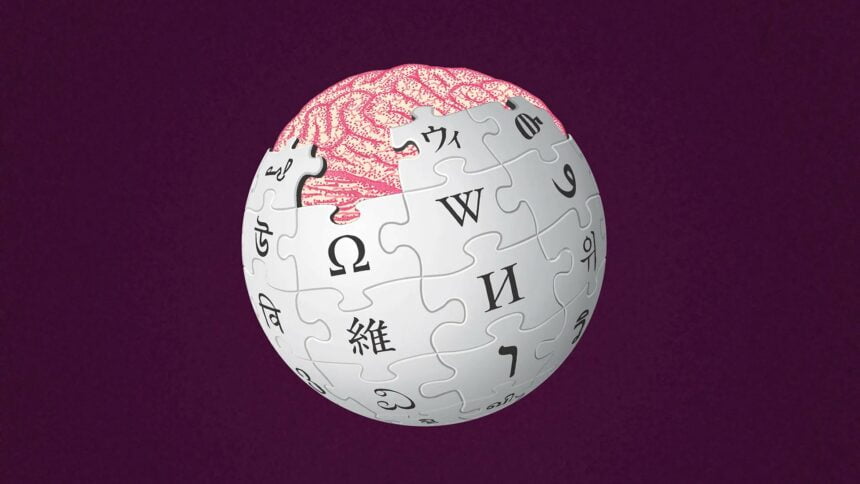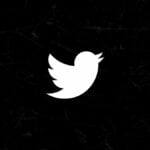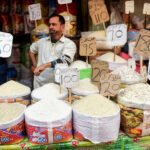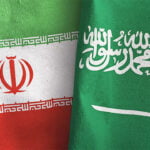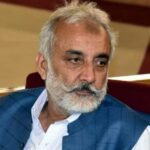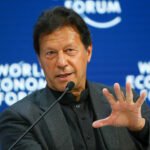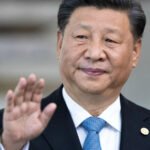The latest blow to digital freedom in the conservative country is the blocking of Wikipedia in Pakistan after officials restricted the website from carrying “blasphemous content.”
According to Malahat Obaid, a spokeswoman for the Pakistan Telecommunication Authority, the online encyclopaedia was shut down nationwide on Friday “after it failed to reply to our repeated correspondence over the removal of the blasphemous information and meet the deadline.”
Due to content considered offensive, a sensitive subject in Pakistan, a country with a majority of Muslims, the Pakistan Telecommunication Authority has previously blocked social media giants Facebook and YouTube. Their exclusion was revoked.
Without going into detail about the problematic information, the PTA stated on Wednesday that the website has until late Friday to heed the warning.
“PTA has degraded Wikipedia services in the country on account of not blocking/removing sacrilegious contents,” the authority claimed.
According to free speech activists, a determined push to establish tighter control over online information has sparked concerns about the move.
Usama Khilji, a digital rights proponent, argued, “The main purpose is to silence any dissent.”
On social media, Pakistanis also criticised the decision as being “regressive” and damaging the country’s international reputation.
The gradual restriction and control of Pakistan’s internet, printed media, and electronic media by the government has long been criticised by proponents of free expression.
In response to a movie about the Prophet Muhammad that sparked violent demonstrations throughout the Muslim world, Pakistan prohibited YouTube from 2012 until 2016.
The demand to immediately prevent all videos that Pakistani authorities deemed “objectionable” from being accessed in the nation in 2020 was criticised by rights activists.
Due to its enormously popular TikTok video-sharing app’s “indecent” and “immoral” content, the nation has also recently prohibited it multiple times.




